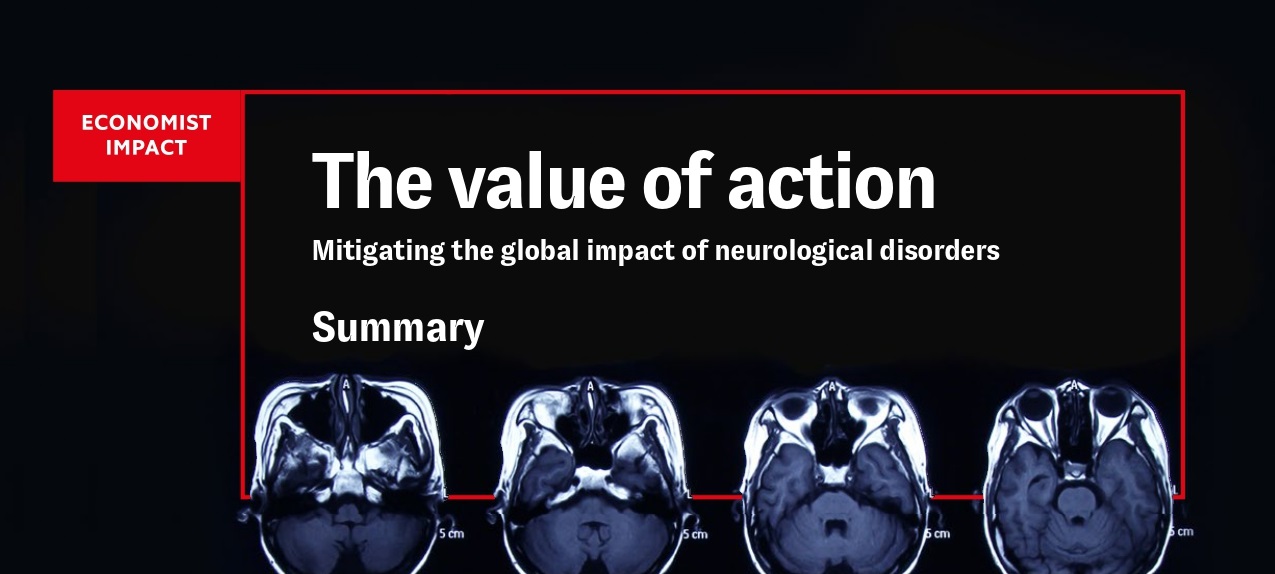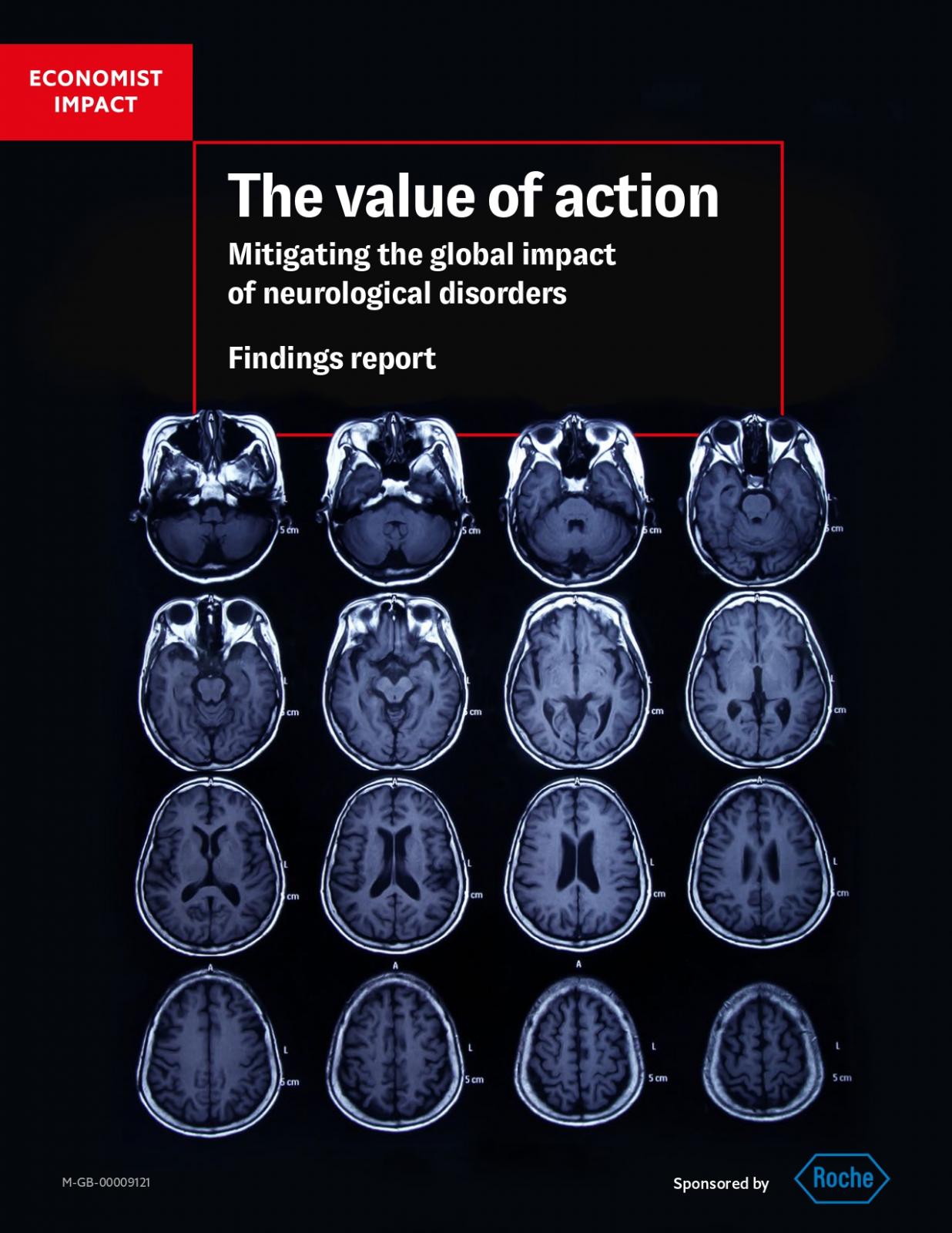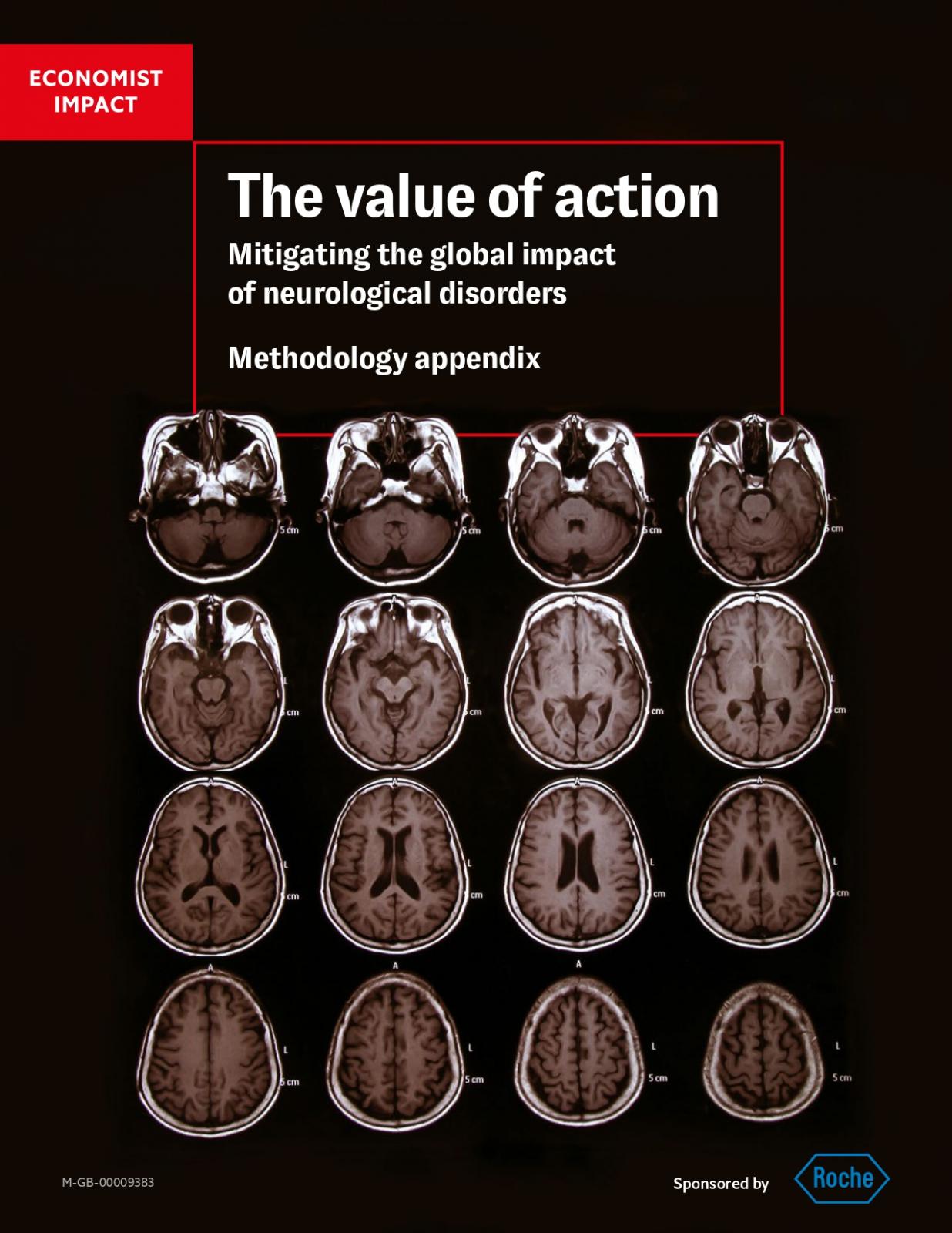The impact of neurological diseases is most felt in low- and middle- income countries, where 70% of the global burden is concentrated. Yet the burden of neurological disorders is also significant in wealthier regions—the direct costs in Europe, for example, are greater than those for cancer, cardiovascular disease and diabetes combined. As populations increase and grow older, the burden will only increase, presenting a significant challenge to health systems and national economies.
Strategies and programmes that reduce the burden of neurological disorders are desperately needed. Yet the provision of neurological care, including efforts to enable equitable access, is insufficient. A further, unfortunate truth is that data on the burden of neurological are scarce, even in high-income countries, and especially in comparison to other non-communicable diseases. We do know that urgent action is needed to drive prevention, improve care effectiveness, and leverage policymaking and funding to reach achievable advances in outcomes. But the first step is developing a clear understanding of the issue and the significant nuances involved.
A new Economist Impact programme, The Value of Action: Mitigating the Global Impact of Neurological Disorders, seeks to break down existing silos by assessing the epidemiological burden, economic impact and current policy landscape on a multi-regional and disorder-specific basis. One of the first of its kind, this programme quantifies the value of action from an added angle: the indirect costs that would be avoided by reducing the substantial caregiver burden and productivity losses that arise from neurological disorders. Building a detailed economic picture spanning several conditions, our analysis finds that 50% the total cost of neurological disorders is due to these indirect costs. We also found that scaling-up prevention, treatment and rehab to adequate levels for the top 10 neurological disorders would save over US$4trn by 2030, across the 11 countries that we studied.
Executive Summary:
Findings Report:
Methodology Appendix:
Download the infographics now:
Steven Cramer, Professor of Neurology at the University of California, Los Angeles, discusses gaps and opportunities around stroke in the US.
Dr. Muthoni Gichu, head of the Health and Ageing Unit at the Ministry of Health, Kenya, highlights the landscape of neurological disorders in Kenya, including epilepsy.
Frédéric Destrebecq, Executive Director at European Brain Council, lays out the impact and need for policy action on brain disorders in Europe.










